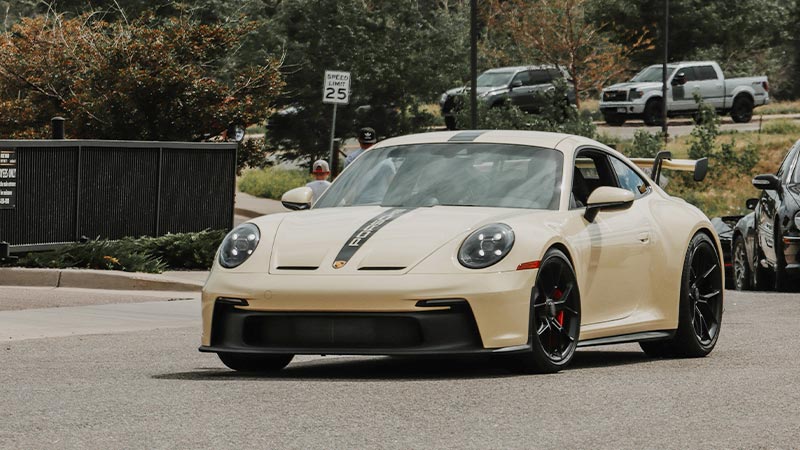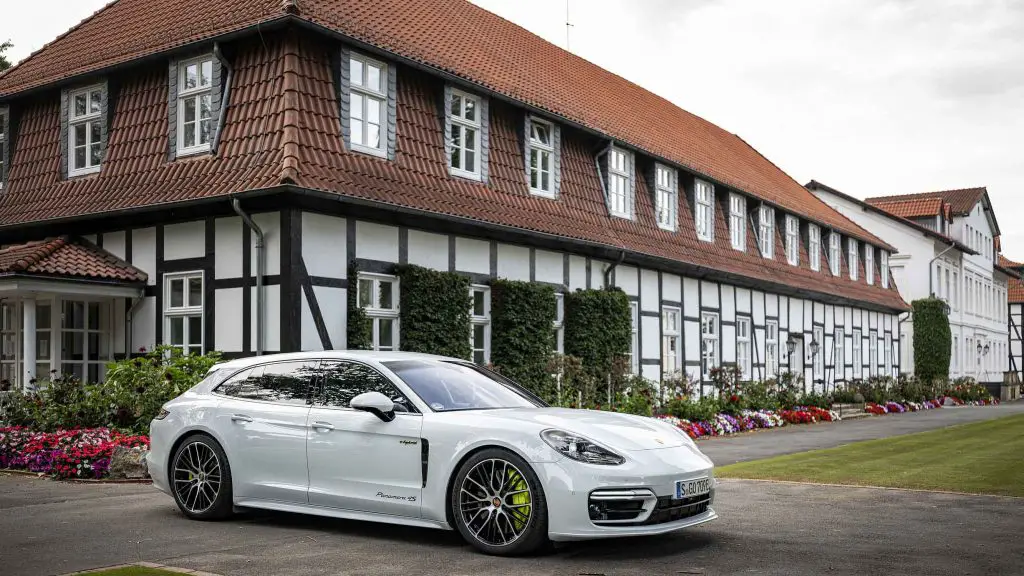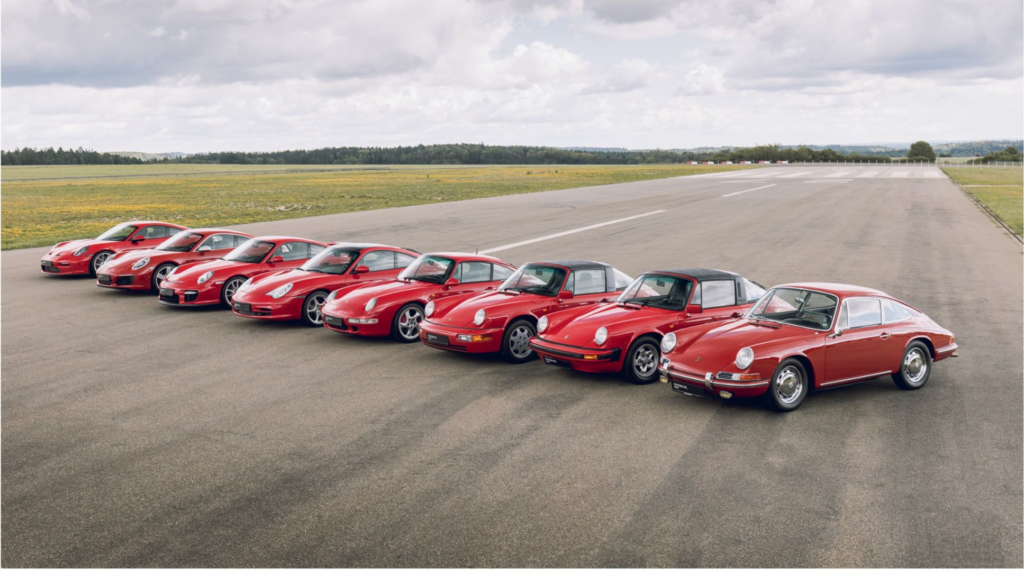Porsche Is From Which Country? A Deep Dive Into The Origin Of An Icon
Share

When it comes to high-performance sports cars, few brands evoke as much passion and admiration as Porsche. With a legacy that dates back to the early 20th century, this German automotive manufacturer has established itself as a symbol of performance, luxury, and engineering excellence. However, many enthusiasts and casual fans alike often wonder: Porsche is from which country?
The answer lies in the heart of Europe—Germany. But let’s take a closer look at the history, heritage, and the unique attributes that make Porsche a coveted name in the automotive industry.
The Birth of Porsche: A Historical Perspective
Porsche was founded in 1931 by Ferdinand Porsche, an automotive engineer whose forward-thinking ideas were instrumental in shaping automotive design and performance. The company originally started as a consulting firm, but it soon turned its focus on developing vehicles under its own name. The first product was the Porsche Type 64, built in 1938 for a race from Berlin to Rome. This car would serve as a precursor to the iconic Porsche 911 that we know today.

Porsche's headquarters, known as the Porsche AG, is located in Stuttgart, Germany. The city is not only known for its automotive industry but also for its rich cultural heritage and scenic landscapes, which has inspired countless design innovations. Stuttgart is often dubbed the "cradle of the automobile," being the birthplace of many legendary car manufacturers, including Mercedes-Benz.
The Road to Authenticity: Made in Germany
Porsche's production facilities are primarily located in Zuffenhausen, a district in Stuttgart. This location has played a significant role in maintaining the brand's commitment to quality and craftsmanship. Here, the company produces various models, including the ever-popular 911 and the dynamic Macan.
One of the key reasons why Porsche is synonymous with excellence is its adherence to the "Made in Germany" standard. German engineering is celebrated worldwide for precision, durability, and innovation. At Porsche, every vehicle is crafted with meticulous attention to detail and a dedication to performance.

Craftsmanship and Engineering: The Porsche Philosophy
Porsche's philosophy centers around a commitment to high performance and lightweight construction. The engineers at Porsche continuously explore ways to enhance the driving experience through cutting-edge technology without compromising the company’s core values. This commitment has led to innovations such as the development of the Porsche Active Suspension Management (PASM) and the Porsche Dynamic Light System (PDLS), which aim to provide drivers with a superior experience on the road.
Furthermore, Porsche is renowned for its extensive use of advanced materials, such as aluminum and carbon fiber, to improve both performance and fuel efficiency. These choices contribute to reduced weight, enhanced aerodynamics, and superior handling.
A Global Brand with Deep Local Roots
While it is clear that Porsche is from Germany, the brand has transcended its national borders to become a global icon. The company has expanded its manufacturing capabilities to international locations, including plants in Leipzig (Germany) and Outsourcing production in collaboration with other firms in places such as China.
Despite these global operations, Porsche ensures that the core philosophy of "German engineering" endures. Each vehicle produced reflects the craftsmanship and quality standards established in its headquarters. Porsche's commitment to maintaining its brand integrity while reaching a worldwide audience showcases the excellence behind its vehicles.

The Iconic Models: A Testament to German Heritage
One cannot discuss Porsche without mentioning the iconic 911. Launched in 1964, the 911 became an instant classic and has evolved over the decades to remain one of the world's most revered sports cars. The 911 combines remarkable performance with everyday drivability, making it more than just a weekend car; it’s a car for enthusiasts who love driving.
In addition to the 911, Porsche has expanded its lineup to include the Boxster, Cayman, Panamera, and Cayenne. Each model embodies the brand's commitment to performance and German engineering excellence, showcasing how Porsche continually adapts and innovates while honoring its rich heritage.
The Future: Electrification and Innovation
As we look toward the future, Porsche is embracing new technologies while remaining rooted in its distinguished past. The introduction of the Taycan—a fully electric sports car—marks a significant step in the company's evolution. With this move, Porsche is not only aiming to maintain its high-performance standards but also to address the growing demand for sustainable transportation solutions.
This forward-thinking attitude ensures that Porsche remains at the forefront of the automotive industry, blending unparalleled performance with environmental responsibility.

Conclusion: Celebrating German Excellence
So, when you hear someone ask, "Porsche is from which country?" you can confidently respond that it is indeed rooted in Germany—a country known for its engineering prowess, precision manufacturing, and a rich legacy of automotive excellence.
Every Porsche built in Stuttgart is a fusion of history, innovation, and craftsmanship. The pursuit of perfection goes beyond just creating cars; it's about crafting an experience that resonates with driving enthusiasts worldwide.
With a legacy that continues to evolve, Porsche remains an enduring symbol of performance and luxury, solidifying its position as a leader in the global automotive landscape. So the next time you take a drive in a Porsche, remember that you are driving a piece of German engineering history that has been meticulously crafted for your enjoyment.